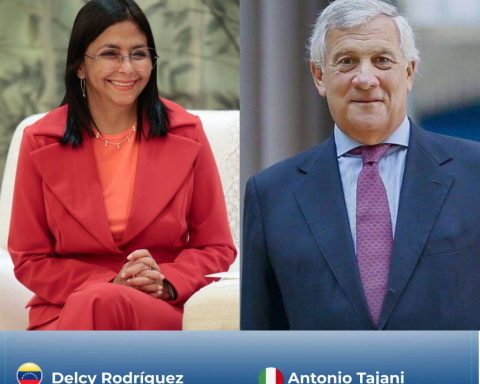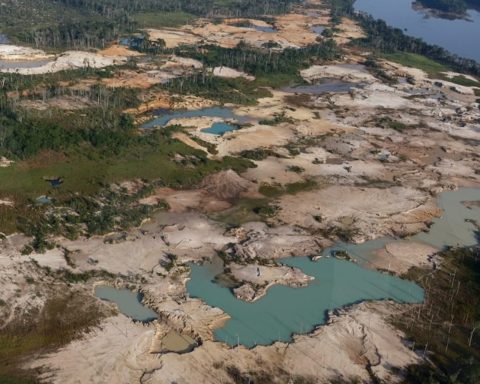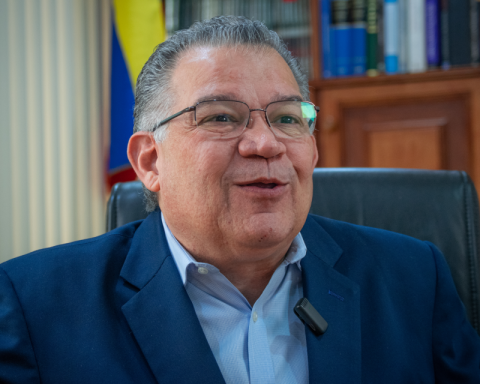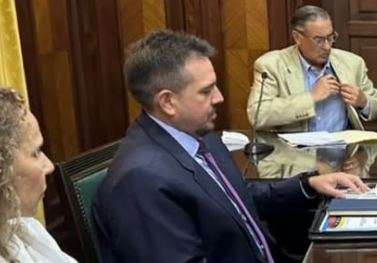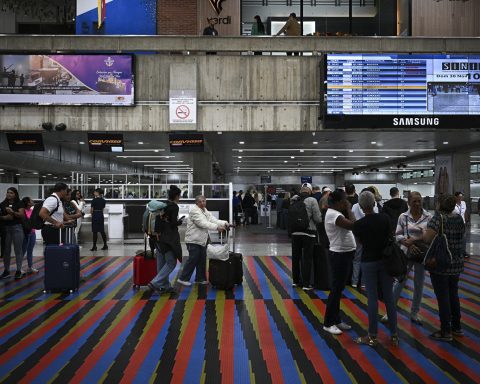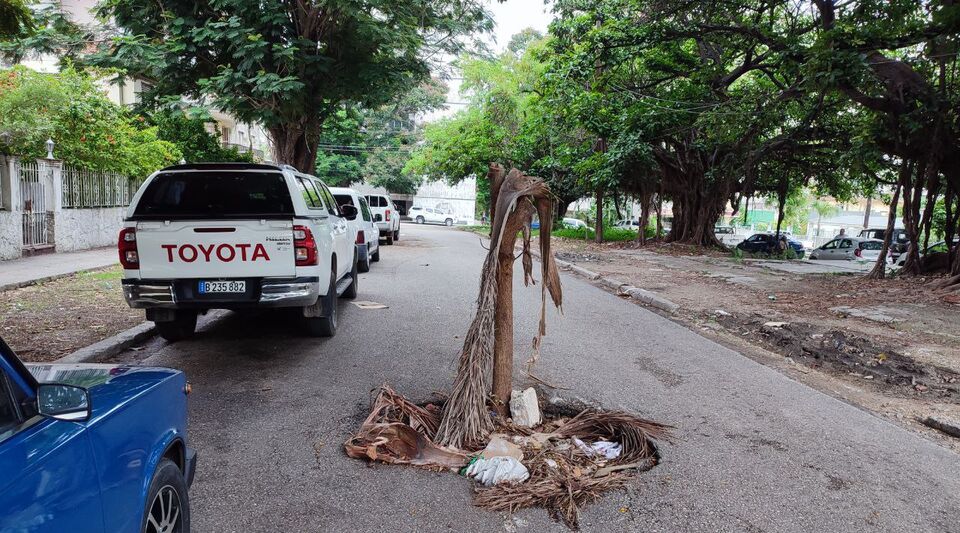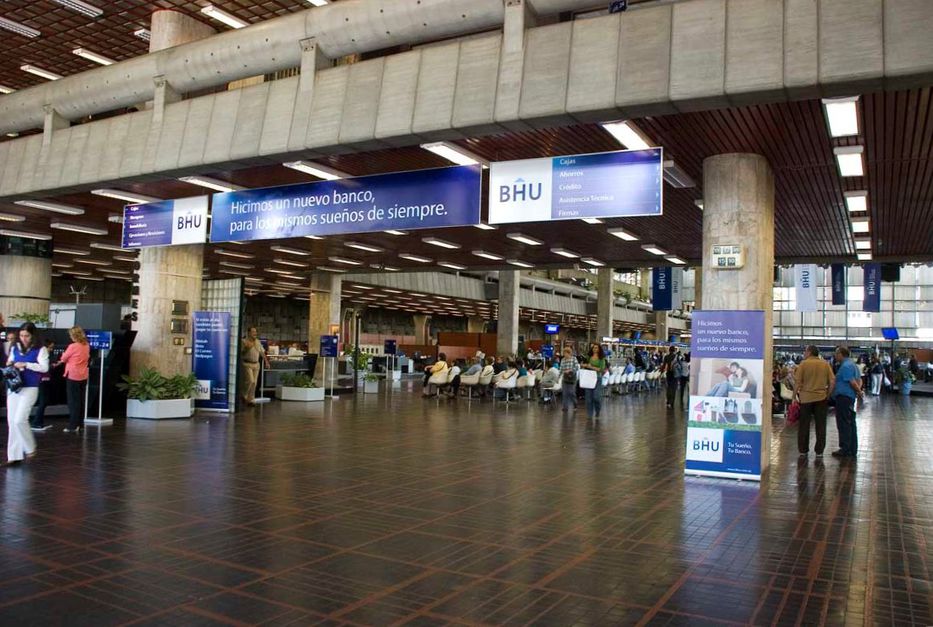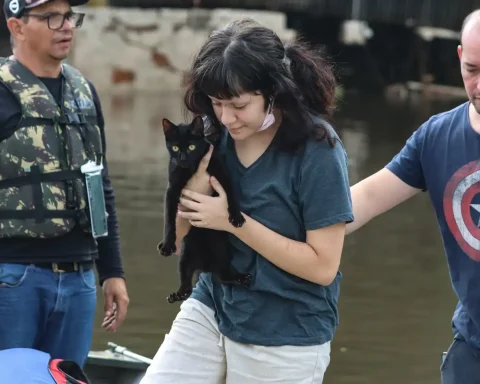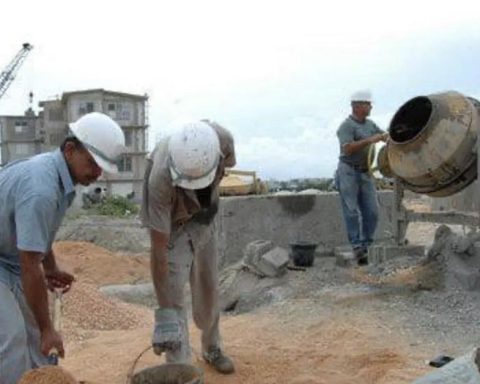This Thursday, the National Assembly (AN) approved in first discussion the draft Law to Reform the Decree, with the Rank, Value and Force of the Fisheries and Aquaculture Law.
The proposal was presented by the deputy to the AN, Maire Castillo, who highlighted the work carried out by the Bolivarian Revolution to make the fishing sector visible.
During his speech to the AN, Castillo recalled that this Fishing and Aquaculture Law was promulgated by Commander Hugo Chávez in 2001, as part of the enabling laws.
Subsequently, he stressed, it underwent two modifications, one of which was in 2008 and the other in 2014.
In this sense, he asserted that this reform project aims to adapt the law to the new challenges facing the sector in the face of the blockade and the more than 900 sanctions promoted by the United States (USA).
“One of the fundamental challenges has to do with adapting to the mechanisms for overcoming the blockade (…) More than 930 sanctions and coercive measures, to the country and as a whole and particularly in the perquero sector to be linked to the processes of inputs necessary for each of the daily tasks and still under this war, we fishermen support President Nicolás Maduro”, he said.
Regarding the modifications made to the law, he indicated that the reform in 2008 managed to eliminate industrial trawling, making Venezuela “the only country in the world that would have this protection for marine ecosystems.”
In this sense, he stressed that with these modifications it was possible to respond to the demands of the sector and to make visible its importance in economic, social and strategic matters, because with fishing, it was aimed at guaranteeing food security.
Regarding this, he asserted that – despite the US sanctions – the fishing sector registered a growth of 49% in production in the year 2022.
With this, the deputy recalled, the fishing sector reached 235,000 tons in terms of production, in addition to registering a 13% increase in exports to more than 21 countries, including the United States (USA).
“This reality (the blockade) calls us to focus our efforts on more than 118,000 men and women”, adapting the regulations with a clear point: productive development and better conditions for the sector.
For this reason, the bill to reform the law will seek to strengthen the instances that are dedicated to the fishing sector, such as the fishermen’s councils, in addition to seeking to protect the ancestral practices of the native peoples.
Also, it is proposed to simplify bureaucratic processes and improve the efficiency of public institutions that serve the sector.
“The creation of a special fisheries and aquaculture jurisdiction is proposed in order to establish a national system of fisheries and aquaculture courts based in Caracas and in each state capital,” added deputy Maire Castillo among the proposals for the reform.
It should be remembered that on June 14, the President of the Republic, Nicolás Maduro, approved the start of a national consultation to discuss the reform of the Fisheries and Aquaculture Law.

